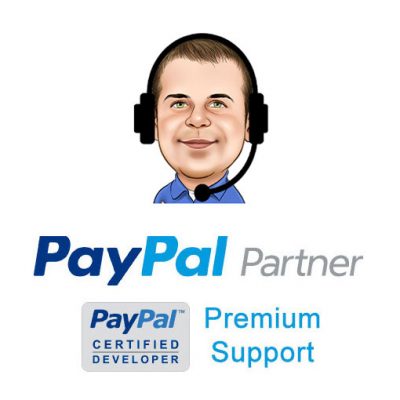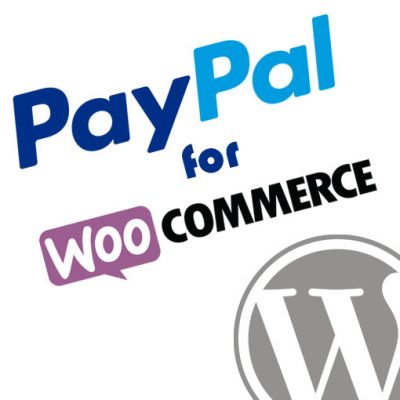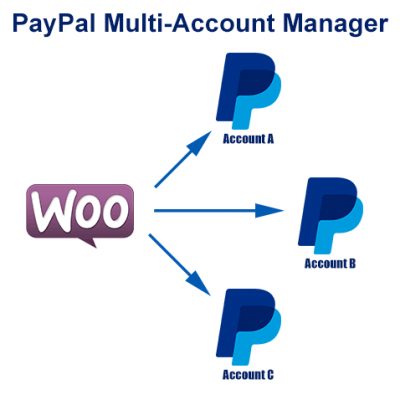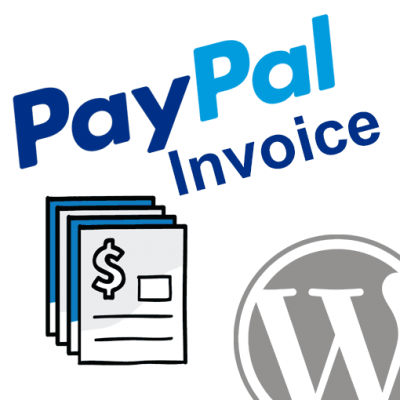Introduction
For years, PayPal has been one of the most trusted and reliable online payment portals around. For all of the convenience it offers shoppers, use of the payment platform has dropped by more than 50% since 2014.
Why?
It could have something to do with increasing concerns about security in general thanks to record-breaking data breaches over the past few years. This isn’t just a problem for PayPal, but the company is emblematic of issues surrounding online data security.
Breaching PayPal
One need only look at the recent Canadian data breach for a wake up call about the dangers of unsecured digital transactions.
What happened?
In 2017, an attacker infiltrated the database for TIO Networks, a Canadian company acquired by PayPal to process electronic bill paying for 1.6 million Canadian utilities customers. A massive attack on the company’s servers allowed access to information and transactions at more than 60,000 payment kiosks located throughout the provinces.
To be fair to PayPal, this breach was not caused by security vulnerabilities in the core PayPal system, but by their subsidiary TIO. As a result, PayPal responded by suspending operations with TIO, and by offering free credit monitoring services for all of the company’s users.
Nonetheless, the data breach has affected the public image of PayPal, fairly or not, and has led some to look elsewhere for secure payment systems. Significantly, eBay is dropping the platform as its primary back-end payment processing system in favor of smaller, up-and-coming platforms. This is unlikely to be in direct response to the recent breach, but does show that though PayPal may still dominate online purchasing platforms, coming in second only to credit card payments, it is no longer the only game in town.
An Up-and-Comer
A case in point is Square.
Square is a point of sale payment (POS) processing system that gives SMBs and their customers options. It shares much of the same functionality as PayPal, but is it a better choice for brick-and-mortar shops with a smaller online presence?
In other words, is it the right choice for your business?
That depends on several factors. Here’s a head-to-head comparison of several key points.
PayPal vs. Square – Which is the Best POS Platform for You?
Of all of the companies competing for a share of PayPal’s POS market, the only real contender is Square. However, it would be unfair to compare online transactions head-to-head. Although Square also offers the ability to pay for purchases online, it’s at the point of sale in the real world that differences add up between Square and PayPal Here, which combines a PayPal app with POS capabilities.
Cost
This is one area where there’s very little daylight between the two payment processing systems. Both charge comparable fees for transactions based on type and location. However, PayPal charges slightly less for third-party credit card payment processing. You can also see the money immediately in your PayPal account. With Square, you’ll have to wait a few days before you shows up in your business account. PayPal does charge a fee of 1.5 percent for currency conversions; Square only accepts payments in the currency of your location.
Hardware
Both have similar card terminals, and both will give you a free swipe reader with a new account. Neither machine prints receipts. In order to operate Square or PayPal Here terminals, you must have a smartphone with a working wifi connection, Bluetooth, and the app installed.
Square offers an affordable basic contact-less and chip reader called Square Reader. The next model will cost you $399, and there is no one terminal that reads chips, swipeable cards, and enables contact-less transactions. PayPal terminals can do all three on one terminal, and it will cost you only $99.99.
Software
Both apps are free to download and use, and both have additional functions like photo-based inventory management, email invoicing, sales report generation, and multiple user accounts. The main difference is that PayPal apps are only usable with their own card reader, and Square accepts manual card input without their reader.
Both integrate with multiple platforms, but you can also link PayPal Here with your accounting or guest booking systems. While Square has developed industry-specific POS systems and offers several handy functions like Square Marketing, Payroll, and Loyalty features, PayPal Here now integrates nicely with WordPress through the free WooCommerce plugin.
Convenience
If you’re looking from a view toward sheer convenience, it depends on your business model as much as anything. PayPal is more recognized, and you can link it right to your PayPal Business account. If you want an all-in-one reader that accepts foreign currencies, PayPal also has Square beat in that regard.
On the other hand, if you work in industries like hospitality, tourism, or the restaurant business, the industry-specific software makes your life a whole lot easier. The platform was created to be used as a complete, end-to-end POS system rather than an additional function of a primarily online transaction interface. It’s also slightly cheaper, but it will only work with your local currency.
How Do I Protect Customer Information without Sacrificing Convenience?
You don’t necessarily have to give up one to gain the other. New laws and guidelines, like Europe’s General Data Protection Regulation (GDPR), are meant to provide consumers with more say over who collects their information, and what they do with it after.
Here are a few things you can do to protect your customers and lower your corporate risk.
Put Transparency First
If you do collect any kind of customer information, make sure to be completely transparent and up front about what data you collect and why, where it’s stored, who has access, and what measures are in place to protect that information. To do otherwise is to risk the wrath of GDPR.
Reevaluate Who You Do Business With
Before you partner with any third-party providers or vendors, perform a little due diligence about their security practices, track record, and mitigation techniques. You may be judged by the company you keep.
Invest in State-of-the-Industry Security
Security should be a top priority investment, not an afterthought. Purchase and install reliable products, including firewalls, anti-virus, and anti-spyware software, and make sure to update it regularly.
Be Proactive, Not Reactive
It will cost you less to put security measures in place before any issue becomes a major loss. If you’re unsure of your current security, you can perform on audit or hire a reputable cyber security firm to perform an objective evaluation. Don’t just read the final report. Make sure you follow up any recommendations.
Use Secure Online Platforms
It should not be news that your networks and any enabled devices are safer when the platform that powers them is secure. Whether you choose a dedicated server and take security into your own hands (more difficult but YOU have control) or use a virtual private network or VPN (simple but you rely on the integrity of the service provider), make sure that the platforms that host your business networks and POS systems are protected beyond crossed fingers and prayer.
In addition to a VPN, which encrypts your information and masks online activity, many people are opting to include third-party firewall and monitoring software like Glasswire. This is an almost idiot-proof solution because it asks for permission each time a new app or program tries to gain access to the network. You have the option to approve or reject. The software remembers the choice and you don’t have to worry about it any more.
Final Thoughts
Is your favorite way to pay online as secure as you hope? While there’s no doubt that online payment platforms offer a high level of convenience in a world where ecommerce is king, convenience without security is meaningless. Business owners and consumers should educate themselves about all of their options, and go for the platform that fully serves their needs without forfeiting functionality or security.
Featured PayPal Products and Services
-
PayPal Support
$100.00 -
PayPal for WooCommerce
FREE! -
WooCommerce Multiple PayPal Accounts Plugin
FREE! -
PayPal Shipment Tracking for WooCommerce
$49.99 -
Offers for WooCommerce
$59.99 -
WordPress PayPal Invoice Plugin
$20.00 -
PayPal Webhooks for WordPress
$79.99 -
Sale!
PayPal IPN for WordPress
Original price was: $59.99.$49.99Current price is: $49.99.






